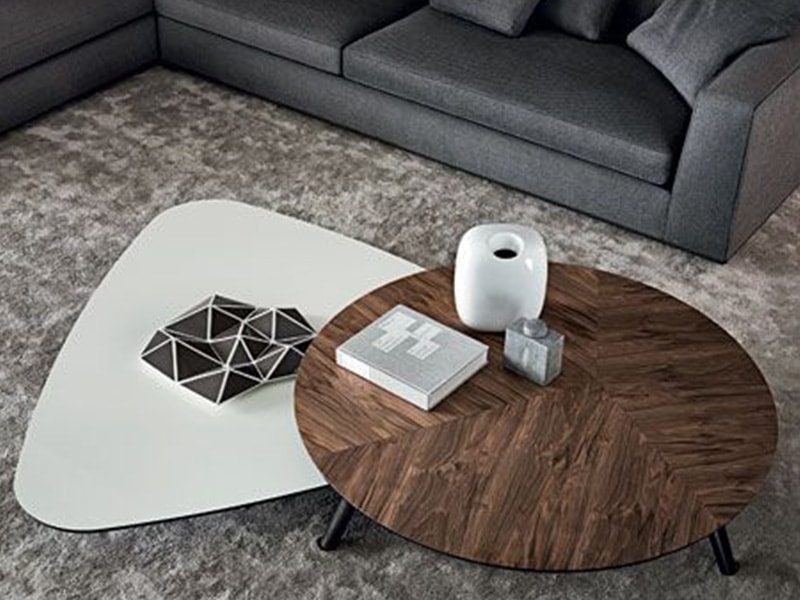In the ever-evolving landscape of transportation and energy solutions, the concept of a mobile fueling station has emerged as a revolutionary and convenient way to meet the growing demands of businesses and consumers alike. Imagine a future where the traditional constraints of refueling your diesel-powered vehicles are replaced by the freedom of on-demand diesel delivery. This innovative solution not only streamlines logistical challenges but also heralds a new era of efficiency and flexibility in the fueling industry. The mobile fueling station is a manifestation of the evolving needs of a dynamic society that values time, convenience, and sustainability. It transcends the limitations of conventional fueling infrastructure, empowering businesses to optimize their operations and ensuring that vehicles are always ready to hit the road. With on-demand diesel delivery, the need for dedicated fueling stops or depots diminishes, allowing fleets to operate seamlessly without interruptions. This not only saves valuable time but also contributes to reducing the carbon footprint associated with traditional refueling methods.
One of the key advantages of a mobile fueling station is the flexibility it offers to businesses with diverse operational requirements. Whether it is a construction site, a remote project location, or a fleet of vehicles constantly on the move, the on-demand diesel delivery model adapts to the specific needs of the client. This adaptability ensures that businesses can focus on their core activities without being tethered to fixed fueling schedules or locations. As a result, operational efficiency is heightened, leading to increased productivity and, ultimately, improved profitability. The mobile fueling station also aligns with the broader trend towards sustainable practices in the transportation industry. By minimizing the need for vehicles to travel to centralized fueling points, it reduces overall fuel consumption and associated emissions. Additionally, modern mobile fueling solutions often incorporate advanced technologies to optimize routes, monitor fuel usage in Anytime Fuel Pros fuel delivery in Austin, and minimize environmental impact. This commitment to sustainability not only meets regulatory requirements but also resonates with environmentally conscious consumers.
Furthermore, the convenience of on-demand diesel delivery extends beyond the business realm to individual consumers. Imagine the ease of having your personal diesel-powered vehicle refueled at your doorstep, eliminating the inconvenience of driving to a gas station and waiting in queues. This level of convenience not only saves time but also enhances the overall experience of vehicle ownership, making it more appealing for consumers who value personalized services and time-saving solutions. In conclusion, the advent of the mobile fueling station marks a paradigm shift in the way we approach diesel refueling. It embodies the spirit of innovation, catering to the evolving needs of businesses and consumers in a rapidly changing world. As the demand for on-demand services continues to rise, the mobile fueling station stands at the forefront of a transformative movement, offering the freedom to refuel anytime, anywhere, and ultimately revolutionizing the way we think about diesel consumption in the modern era.


